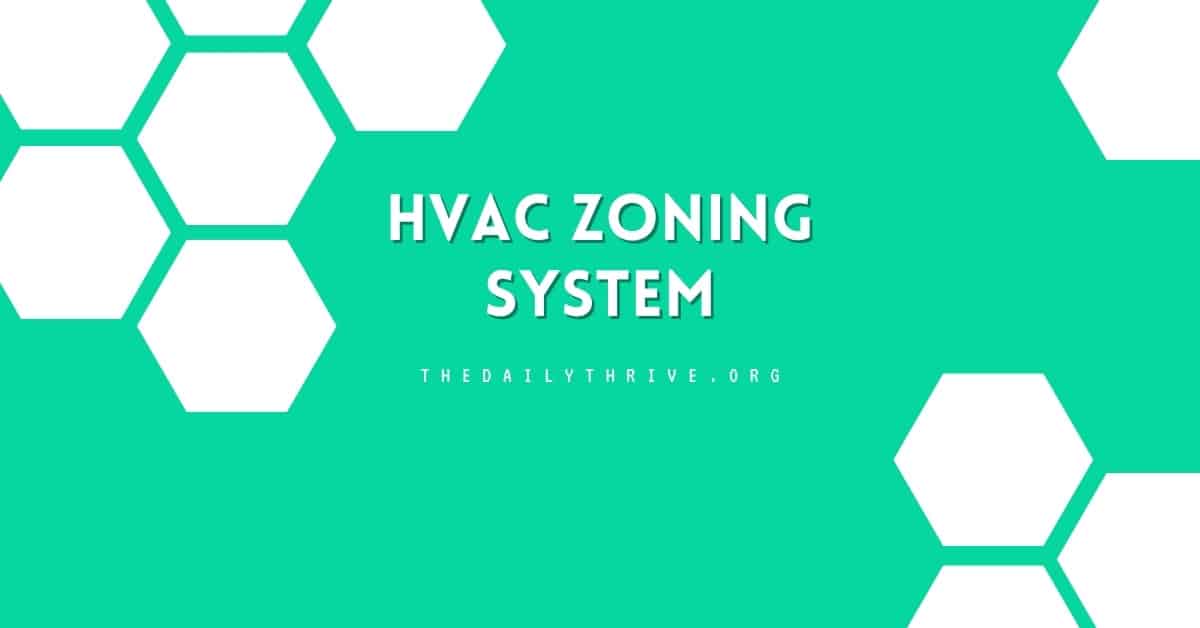An HVAC zoning system (also referred to as zoned HVAC) will give you a new level of control over your home’s heating and cooling system. Zoning systems allow you to accommodate the different comfort needs for every room in your house. Read on to learn how zoned HVAC works and how this system can save your energy bill.
Sometimes getting the most bang for your air conditioning energy dollar means thinking beyond the a/c unit itself. Even if you have a newer, more efficient air conditioner installed in your home, if you are cooling or heating unoccupied rooms then you are throwing money away.
What if you could heat or cool specific areas of your house, blocking out vacant rooms so the air conditioner or heat pump unit didn’t have to work as hard?
What is HVAC Zoning System?
Zoned HVAC divides your home into different cooling and heating zones. Here’s an excellent description of HVAC Zoning System and how the system works:
HVAC Zoning System takes a home’s heating, ventilation and air-conditioning (HVAC) system to a whole new level. The system works by dividing the house into a number of separate regions/zones based on usage. Usually, that means one zone for the bedrooms, one for the main living areas, such as the kitchen and family room, one for the basement, and one for the less-used areas of the house, such as the dining room and study.
The Zone damper system control air flow to different areas of the house. These dampers are right in the ventilation system, effectively blocking air flow at certain points.
Thermostats can be set to allow cool or warm air into designated areas of the house. This way you never wastefully cool or warm an unoccupied section of the house.
Another HVAC zoning system benefit is the a/c system might not have to work as hard if its only cooling or heating one section of the home. Far easier to warm up 1000 sq. feet of living space at night than 2500 sq. ft.
Estimated gains in efficiency are hard to nail down given the different types of houses and AC systems involved, but some estimate zoned systems can save 30%, sometimes more, on your energy bill. Not bad.
HVAC Zoning System Installation
It’s best to install an HVAC zone control system when the house is being built or during a major renovation. Adding a zone damper system to an existing installation is difficult and costly but can be done.
Make sure you go with a reputable HVAC company!
Done right and the best HVAC zoning system will pay for itself. Done wrong and you may end up paying twice.
How Much Does HVAC Zoning System Cost?
HVAC zoning system isn’t cheap. It requires the installation of dampers to control airflow, and new thermostats to be wired into the mechanical system’s controls.
Expect to pay at least an extra $1,500 to $3,500 on top of your system design to get a home properly zoned. If that seems expensive, check if it’s worth it for you in projected savings.
HVAC Zoning Vs Two Systems
Larger homes over 2000 square feet are best suited to an HVAC zoning system. Anything smaller and it’s not worth the trouble. If you’ve only got two rooms you might want to consider a far cheaper system: two system window units. Just make sure to turn them off when not in use.
Conclusion
Is a zoning system right for your home? Getting a zoned system for your home can be a great long-term investment. However, this system isn’t the best option for every homeowner. Small homes, apartments, condos need not apply this system. But larger homes and certainly, going forward, schools and other public buildings could really save energy dollars with a zoned HVAC system. I remember my father closing off vents at night in empty rooms. I think he was on to something.






